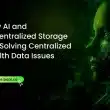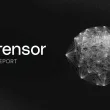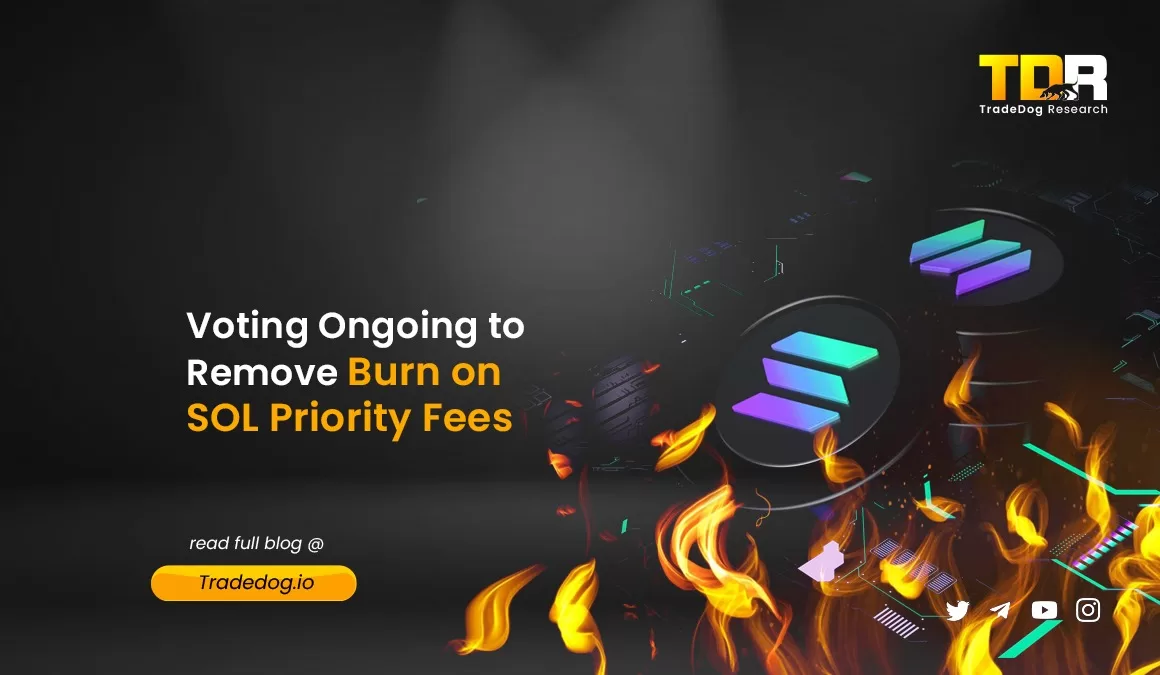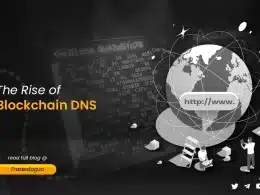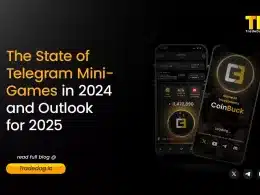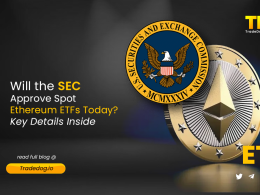Quick Links
Solana’s governance system is currently grappling with a proposal (SIMD-0096) that could significantly impact the network’s economic structure and validator landscape. The proposal centers on modifying how priority fees, paid by users to expedite transactions, are distributed to validators. While it offers potential benefits for validator incentives and network efficiency, concerns about inflation and network centralization have sparked heated debate within the Solana community.
Currently, Solana employs a fee structure which includes base fees and priority fees for expediting transactions. Of the total fees, 50% is burned and the remaining 50% is distributed to validators. This burning mechanism was implemented as a deflationary tool, aiming to reduce the total supply of SOL tokens in circulation and potentially increase their value over time. However, this burning leads to side-deals happening outside the protocol – eg, bribers can pay 75% of the priority directly to the validator and both the briber and validator earn more because there’s no burn.
Proposal
SIMD-96 proposes to remove the priority fee burn and have 100% of priority fees given to the validator to reduce these side-deals. Proponents of the change argue that this would significantly improve validator incentives, ultimately leading to a more robust and secure network.
Potential Benefits:
- Stronger Validator Incentives: Increased rewards could attract more validators and encourage them to dedicate greater resources to securing the network. A robust validator pool is essential for maintaining a healthy and decentralized blockchain.
- Reduced “Side Deals”: With higher on-chain rewards, validators may be less likely to engage in off-chain fee negotiations, promoting transparency and a fairer user experience.
- Simpler Fee Structure: A single fee structure for priority transactions could improve transparency for users by eliminating the complexity of the current burn mechanism.
Community Reaction
The proposal has received mixed reactions. Some community members, particularly those interested in becoming validators, see it as a positive step that will make it easier to enter the validator space. However, others have raised concerns like:
- Inflationary Pressure: Increased validator rewards would lead to a higher issuance of SOL tokens, potentially causing inflation. This could erode the value proposition of holding SOL tokens in the long run.
- “Rich Get Richer” Effect: Larger validators with more stake might benefit disproportionately from the increased rewards. This could make it harder for new validators to enter the space, hindering decentralization efforts.
- Lack of Data-Driven Reasoning: Some community members believe the proposal lacks sufficient economic analysis to justify the potential inflationary consequences. They argue for a more data-driven approach to ensure the long-term health of the Solana ecosystem.
Current Voting Stats
As of writing, the voting breakdown is:
- Yes: 38.7%
- No: 10.9%
- Abstain: 2.0%
- Uncast Votes: 48.4%
With nearly half of the votes yet to be cast, the outcome remains uncertain. The proposal requires a yes vote of equal or greater than 2/3 of the total sum of votes to pass.
The Road Ahead
Voting on the proposal is ongoing the coming days will be crucial as the remaining votes are cast. The final outcome will depend on how the remaining votes are cast and whether Solana implements this significant change to its fee distribution model. If the proposal passes with a supermajority (2/3 of the total voting power), it will be implemented on the Solana Mainnet beta network. Regardless of the result, this proposal highlights the ongoing debate within the blockchain space about how to strike a balance between incentivizing validators, maintaining a healthy and decentralized network, and protecting the value proposition for users.

